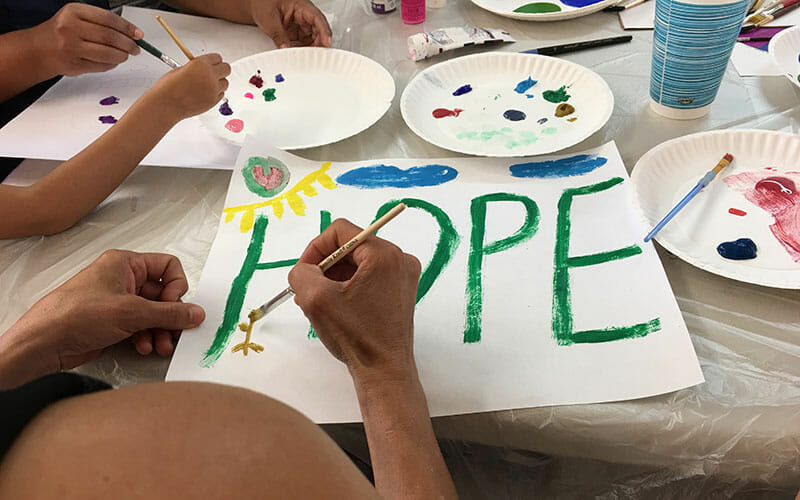Introduction
Transitioning to adulthood is a significant milestone for any teenager, but for those with autism, the challenges can be particularly unique and daunting. As they move away from the structured environments of school and home, teens on the autism spectrum face the need to develop a new set of skills to manage their lives independently. This is where life skills training becomes essential. Programs designed to teach these vital skills are crucial in helping young adults with autism to thrive in the broader world.
Understanding Life Skills Training
Life skills training encompasses a range of activities and teachings aimed at helping individuals manage daily tasks and challenges. For teens with autism, these can include everything from basic personal care and household management to more complex financial literacy and interpersonal communication. The goal is to provide these young adults with the toolkit they need to navigate the adult world with greater ease and confidence.
Key Areas of Focus
1. Personal Care and Hygiene: Teaching basic personal care routines that promote health and wellness.
2. Household Management: Skills such as cooking, cleaning, and maintenance tasks that are essential for independent living.
3. Financial Literacy: Understanding how to manage money, from budgeting to banking.
4. Employment Skills: Resume building, job searching, interview preparation, and workplace etiquette.
5. Social Skills: Navigating social interactions, understanding social cues, and building relationships.
Life Skills Training Programs
Structured Educational Programs
Many schools and organizations offer structured programs that are specifically designed to address the needs of teens with autism. These programs often include a curriculum that gradually builds life skills in a supportive and controlled environment, allowing for repeated practice and real-life application.
Community-Based Learning
Learning within the community provides real-world experience and helps teens understand how to interact in various social and professional settings. This includes volunteer opportunities, internships, or part-time jobs, which are not only beneficial for skill development but also help in building a resume.
Technology-Assisted Learning
The use of technology in life skills training can be particularly effective for teens with autism. Various apps and software are available that teach money management, schedule creation, and job-related skills in an interactive and engaging manner.
The Role of the Autism Spectrum Disorder Foundation
The Autism Spectrum Disorder Foundation (ASDF) has been instrumental in supporting programs and initiatives that focus on life skills training for teens with autism. By funding educational programs and providing resources to both individuals and their families, ASDF ensures that these teens have the support they need to succeed. Their commitment to empowering young adults on the autism spectrum is evident in their continuous effort to bridge the gap between childhood and independent adult life.
Challenges and Solutions
Individual Variability
One of the primary challenges in providing life skills training is the wide range of abilities and needs among teens with autism. To address this, programs often need to be highly individualized. Trainers and educators must assess each participant’s current skills and tailor the training accordingly, which can be resource-intensive but is crucial for effective learning.
Transition Planning
Transition planning is another critical element that can begin as early as during the teen years. This planning should involve educators, therapists, the teen, and their family. It’s about setting long-term goals and outlining the steps necessary to achieve them, which might include specific life skills training.
Family Involvement
Family involvement is vital in reinforcing what is learned in life skills programs. Families can help practice these skills at home, provide encouragement, and offer practical support. Ensuring that the whole family is informed and involved in the training process leads to more consistent and effective skill development.
Conclusion
As teens with autism transition into adulthood, the importance of life skills training cannot be overstated. These programs equip them with the necessary tools to navigate the complexities of adult life, from managing their finances and households to succeeding in the workplace and maintaining social relationships. The Autism Spectrum Disorder Foundation recognizes the critical nature of this transition and continues to support initiatives that empower these young adults. By fostering skills development through comprehensive training programs, we can help ensure that these individuals not only manage but thrive in their independent lives. With the right support and resources, the journey into adulthood for teens with autism can be a successful and fulfilling one.




